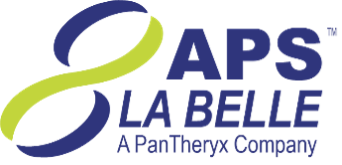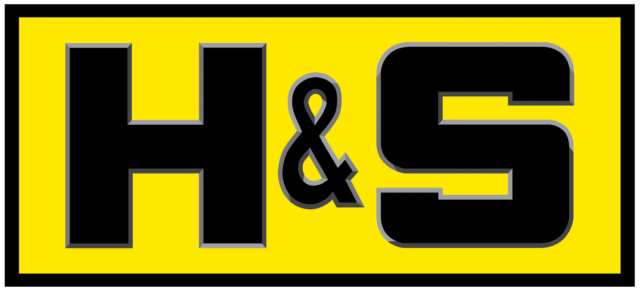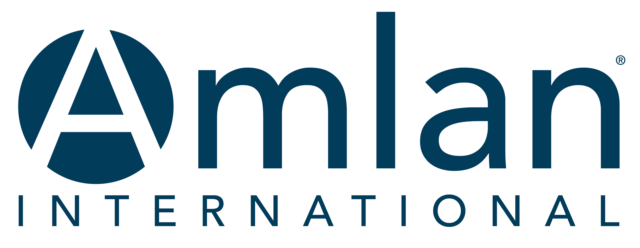Intervet/Schering-Plough Animal Health is working with dairy veterinarians and producers to educate dairy employees about the responsible use of animal-health products. To maintain consumer confidence and eliminate the potential for antibiotic and drug residues to enter the food chain, a new dairy education program, including a toolkit, employee training and residue prevention tips, now is available.
“Preventing residues is the responsibility of the entire dairy industry,” says Norm Stewart, D.V.M., technical services manager for Intervet/Schering-Plough Animal Health. “As an animal-health company, we recognize the importance of helping veterinarians and dairy owners, managers and employees have all the information and tools they need on this issue.”
Toolkit
Intervet/Schering-Plough Animal Health developed a toolkit to effectively communicate the proper use of animal-health products. The toolkit is intended to supplement the day-to-day protocols and procedures of animal-health product use and residue avoidance and includes:
• English and Spanish versions of laminated posters that highlight withdrawal times for several animal-health products
• Shelf stickers in English and Spanish for medicine cabinets and refrigerators to easily identify animal-health products by class of animals
• Halters to handle animals for proper administration of injectable animal-health products.
Training
“Ongoing education of new and seasoned employees is vital to the success of all dairy operations,” Stewart says. “We wanted our program to have a dynamic training aspect to teach employees how to put the toolkit into action so they have the knowledge base behind the resources we’re providing.”
To supplement the toolkit, dairy employees can learn on-farm best-management practices of residue prevention through personal training with their veterinarians and online training at www.resflorgold.com, www.nuflor.com and www.banamine.com. The course is offered in both English and Spanish. Employees will learn how to prevent residues and how to best use the resources in the toolkit. At the end of the online training, participants will be tested on their knowledge, and a certificate of completion can be printed in either language.
“We realize it might be difficult for all employees to receive personal training from their veterinarian, so we’re offering online training, as well,” Stewart says.
In addition to in-person and online training, Intervet/Schering-Plough Animal Health is offering translation services with these educational materials to assist in employee training.
Prevention tips
“There are many steps to preventing residues that dairy employees will learn in this training,” Stewart says. “The day-to-day work of every employee who takes care of animals on the dairy is critical to ensuring milk and meat is residue-free.”
Some basic residue-prevention tips that are vital to every dairy operation are:
• Establish and maintain a strong relationship with a veterinarian
• Work with your veterinarian to develop and regularly review protocols for vaccination, treatment, product inventory, residue prevention and milk quality
• Develop a list of recommended and/or approved animal-health products for the various classes of animals
• Ensure all animal-health products are labeled properly, and keep inventory records up-to-date
• Conduct employee and management training sessions on protocols and procedures
• Always follow label instructions for use, dose, administration, storage and withdrawal times
• Identify all treated animals
• Notify your veterinarian of any treatment errors, failures or product inventory issues
• If in doubt about residue status, contact your manager, owner and/or veterinarian for assistance in determining the animal’s status.
For more information about preventing residues on your dairy, contact your veterinarian or animal-health representative. PD
—From Intervet/Schering-Plough Animal Health news release




